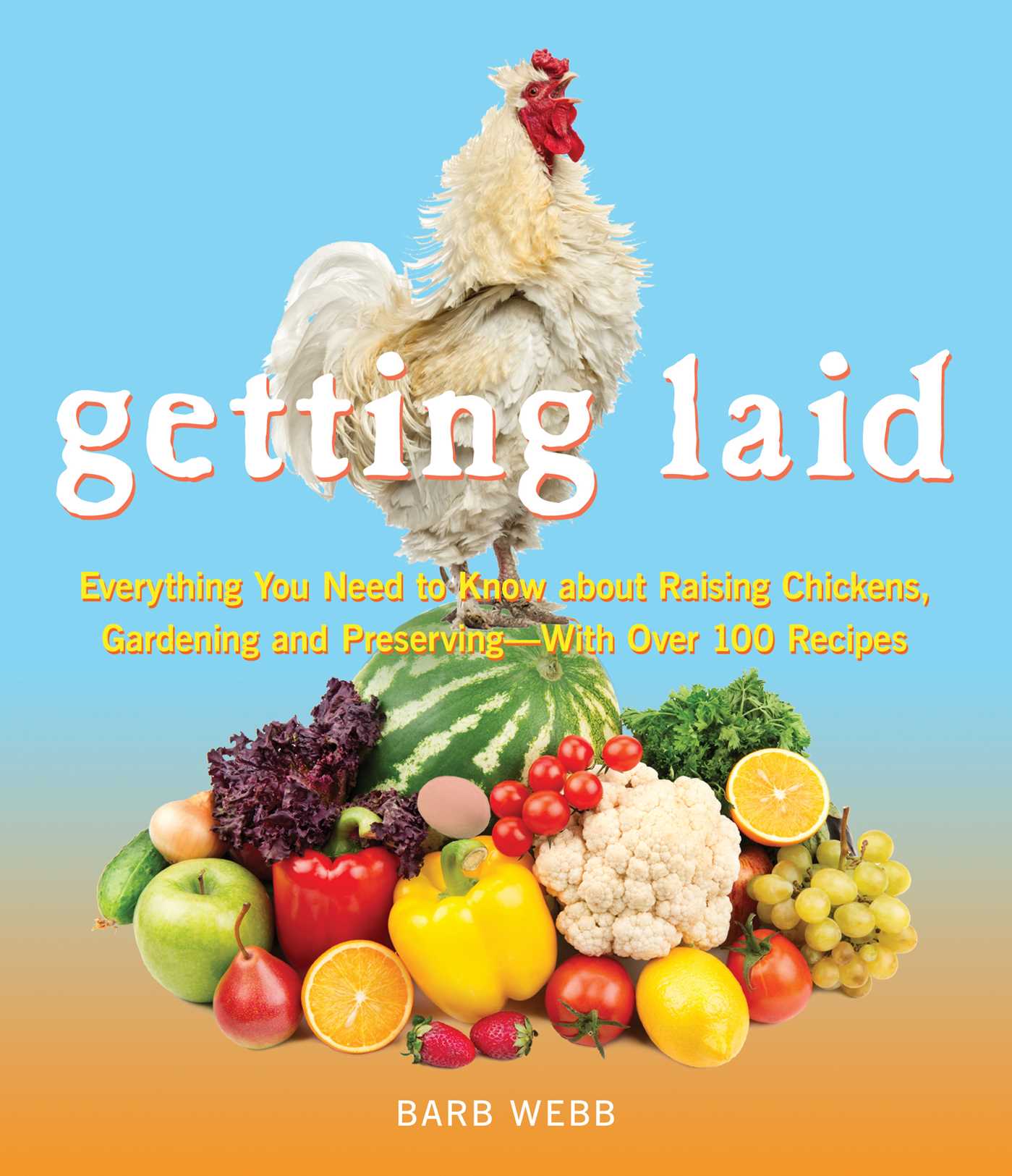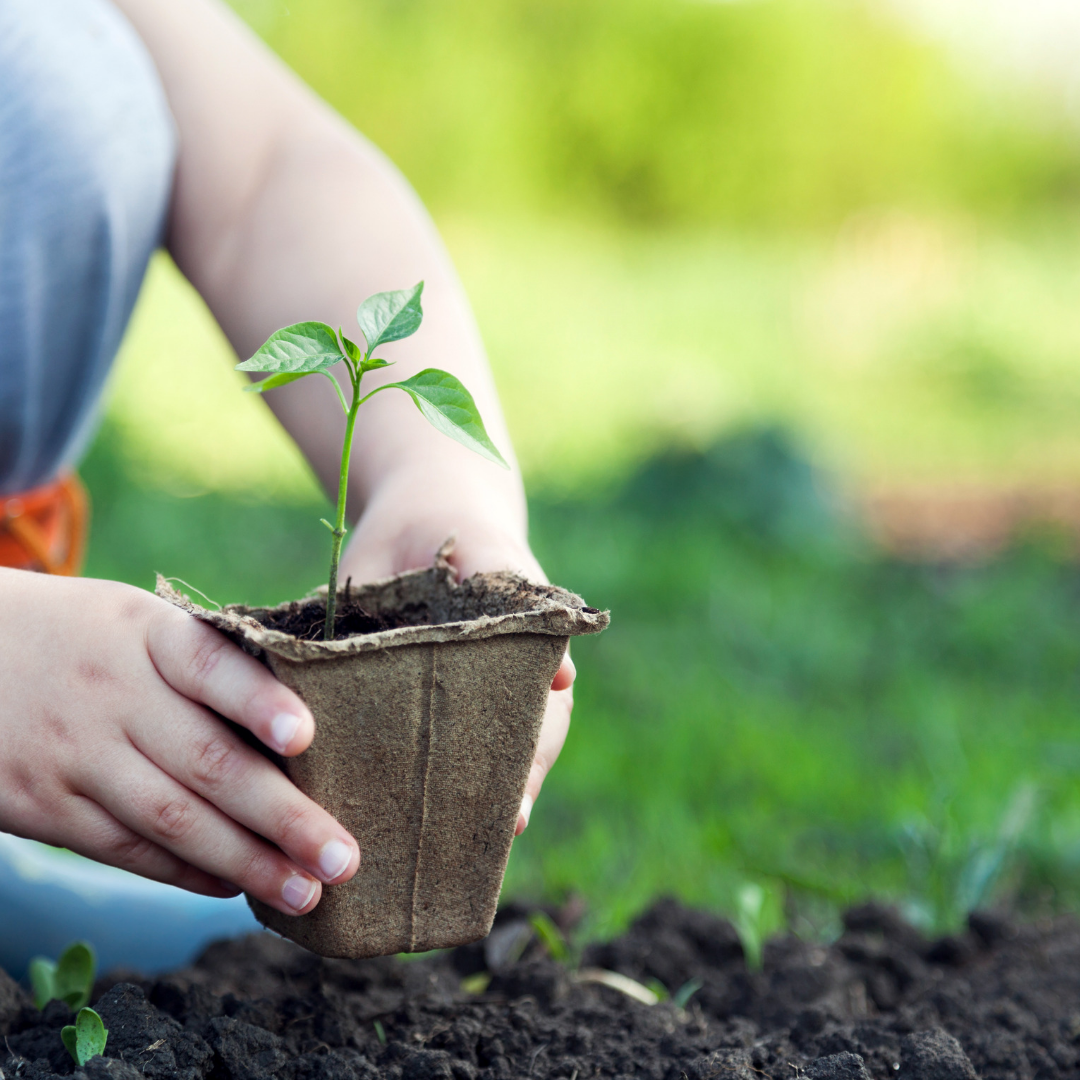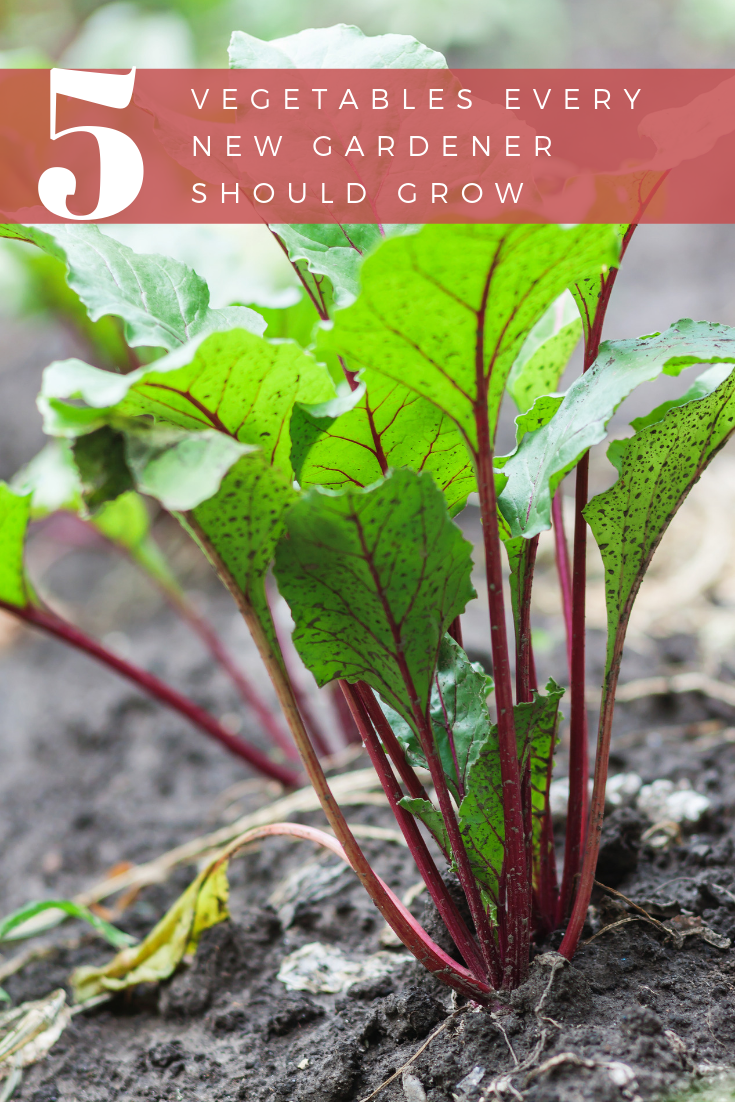New to gardening? No worries! Every new gardener is a little nervous, but it’s really not difficult to grow your own organic vegetables.
There are obviously many advantage to growing your own vegetables in your own organic garden. Besides saving money, you’ll benefit from the freshness and rich nutrients in homegrown vegetables.
There are many types of vegetable that grow easily both either indoor or outdoor. The true key to success for a new gardener is start small with easy to grow plants. Once you have a handle on your gardening style and some confidence from reaping what you sow, expanding your efforts will be piece of carrot-cake!
These five vegetables are fairly effortless to grow and ones that every new gardener will easily have success with in their organic garden:
Alfafa Sprouts
Alfafa Sprouts are a mild-flavor, crunchy nutritious vegetable They’re a nutrient powerhouse containing iron, magnesium, essential amino-acids, chlorophyll, vitamin A, vitamin B2, vitamin C, vitamin D, fibre and more.
Seeds of Alfafa Sprout are available online, or at the supermarket or garden center. The seed takes about 5 to 6 days to sprout depending on the temperature. Alfafa Sprouts are best grown indoor, avoiding direct sunlight when the shoots are growing and near indirect sunlight to mature the sprout.
Tomatoes
Commonly used in Italian and Mediterranean cooking, tomatoes are an organic gardening staple. There are many varieties of tomato such as money maker, gardener delight, golden sunshine, alicante, cherry tomato, tumbler and more.
Tomatoes grow well outdoors or in a green house. They can also be grown indoors on a windowsill where there is direct sunlight. They’re excellent producers and fair well in container gardener settings.
You can grow tomato easily from seeds or you can buy a young tomato plant from the garden center. With a good source of sunlight and watering, you will be able to harvest tomato throughout summer.
Lettuce
Lettuce is traditionally eaten raw for its nutritional values. Most varieties do not need a big area to grow, in fact some lettuce can be grown in between other vegetables.
You can also grow lettuce in small containers by the windowsill. The plant grows quickly, so you can enjoy the crispy, fresh salad leaves simply by cutting the leaves at any stage of growth and the leaves will grow again.
When you’ve exhausted your lettuce plant, simply plant more! If you have a greenhouse or a spot indoors with good light throughout the winter, you can continue growing lettuce all year long.
Herbs
(Not exactly a vegetable, but they sure do enhance your vegetable dishes!) Herbs like basil, thyme, coriander, oregano and rosemary are all easy to grow. These herbs not only enhance the flavors of food it also have certain medicinal benefits. Herbs are often kept inside in a herb box by the windowsill.
Growing herbs indoors also allows you to have a supply of herbs all year round. Herbs grown outdoor increases your supply and it is a great addition to the landscape. Propagate the herb seed in a propagating tray indoor and transfer young plant to your herb trough or box when the young plant is more established.
Spinach
Spinach is power-packed with iron, calcium, vitamin A and C, potassium and folic acid. You can enjoy in salads, baked, steamed or in stir frys.
Perfect for container planting, Spinach can also grow alongside other crops. It grows well in full sun or partial shade and it takes about 4 to 6 weeks to fully grow from seeds.
You’ll have a continuous supply of spinach when you cut individual spinach leaves for use and leave the young leaves to grow for later harvest.




